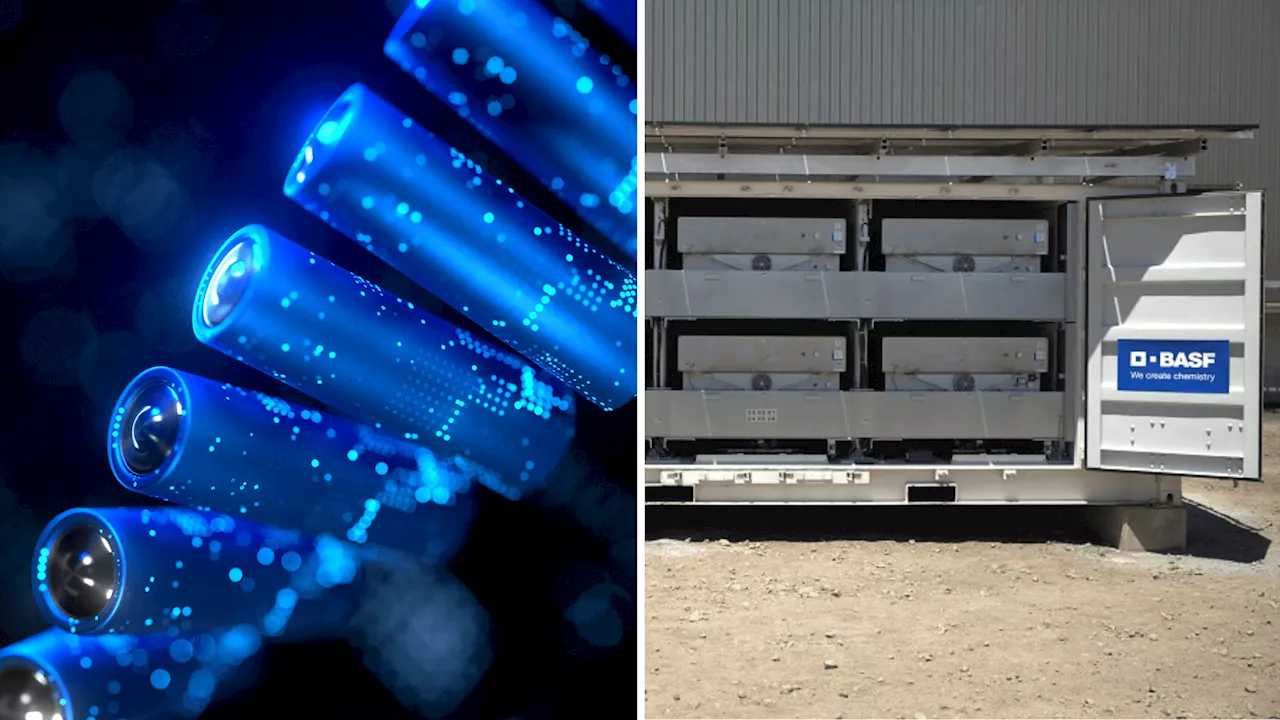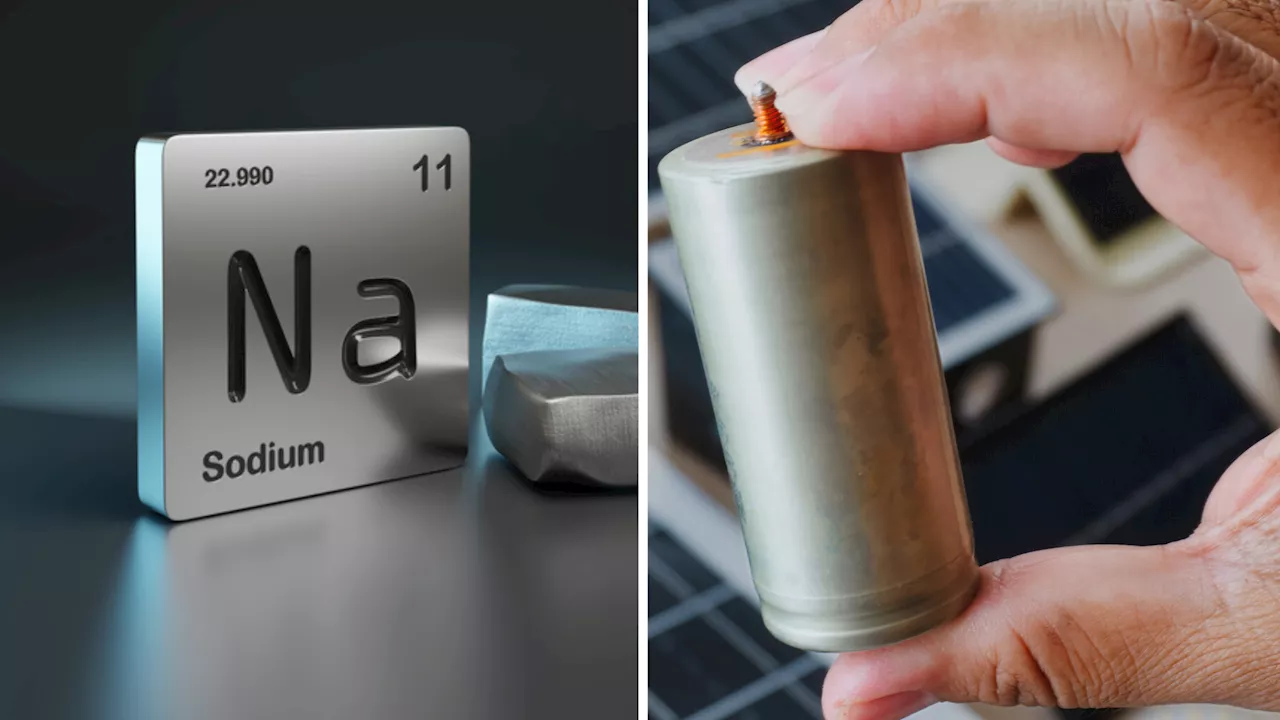Sodium-containing transition-metal layered oxides are promising electrode materials for sodium-ion batteries, a potential alternative to lithium-ion batteries. However, the vast number of possible elemental compositions for their electrodes makes identifying optimal compositions challenging.
In a recent study, researchers leveraged extensive experimental data and machine learning to predict the optimal composition of sodium-ion batteries. Their approach could help reduce time and resources needed during exploratory research, speeding up the transition to renewable energy.
Now, in a recent study, a research team led by Professor Shinichi Komaba, along with Ms. Saaya Sekine and Dr. Tomooki Hosaka from Tokyo University of Science , Japan, and from Chalmers University of Technology, and Professor Masanobu Nakayama from Nagoya Institute of Technology, leveraged machine learning to streamline the search for promising compositions.
Using machine learning to identify promising research avenues is a growing trend in materials science, as it can help scientists greatly reduce the number of experiments and time required for screening new materials. The strategy presented in this study could accelerate the development of next-generation batteries, which have the potential to revolutionize energy storage technologies across the board.
Materials Science Energy Technology Civil Engineering Physics Energy And Resources Engineering And Construction Petroleum
United States Latest News, United States Headlines
Similar News:You can also read news stories similar to this one that we have collected from other news sources.
 Australia’s largest grid-connected 1.5 MW sodium sulphur battery system enters trialProviding at least six hours of energy storage, a 1.5MW NAS battery at Swanbank would be one of the first in Queensland and the largest grid-connected sodium sulphur battery in Australia.
Australia’s largest grid-connected 1.5 MW sodium sulphur battery system enters trialProviding at least six hours of energy storage, a 1.5MW NAS battery at Swanbank would be one of the first in Queensland and the largest grid-connected sodium sulphur battery in Australia.
Read more »
 Sodium batteries’ commercialization gets boost with new method to make anode materialDeveloped by a research team at the Korea Electrotechnology Research Institute (KERI), the technology enables ultrafast, 30-second preparation of hard carbon anodes for sodium-ion batteries using microwave induction heating.
Sodium batteries’ commercialization gets boost with new method to make anode materialDeveloped by a research team at the Korea Electrotechnology Research Institute (KERI), the technology enables ultrafast, 30-second preparation of hard carbon anodes for sodium-ion batteries using microwave induction heating.
Read more »
 Samsung May Remove Settings Menu from Galaxy Phones, Leveraging AI for OptimizationSamsung is reportedly exploring the integration of artificial intelligence (AI) into its Galaxy smartphone lineup, potentially leading to the removal of the traditional Settings menu in future models. The company believes AI can anticipate user needs and optimize device performance automatically.
Samsung May Remove Settings Menu from Galaxy Phones, Leveraging AI for OptimizationSamsung is reportedly exploring the integration of artificial intelligence (AI) into its Galaxy smartphone lineup, potentially leading to the removal of the traditional Settings menu in future models. The company believes AI can anticipate user needs and optimize device performance automatically.
Read more »
 Criminals may be leveraging climate change as record acreage burns in Brazil's AmazonBrazil’s Amazon dry season just ended with a staggering 846% increase in burned forest area compared to the year before. That is equivalent to Switzerland in land area and exceeds the total area burned in the four years of Jair Bolsonaro´s presidency combined. It is also the most since measurements began, using the current methodology in 2015.
Criminals may be leveraging climate change as record acreage burns in Brazil's AmazonBrazil’s Amazon dry season just ended with a staggering 846% increase in burned forest area compared to the year before. That is equivalent to Switzerland in land area and exceeds the total area burned in the four years of Jair Bolsonaro´s presidency combined. It is also the most since measurements began, using the current methodology in 2015.
Read more »
 Criminals may be leveraging climate change as record acreage burns in Brazil's AmazonBrazil’s Amazon dry season just ended with a staggering 846% increase in burned forest area compared to the year before.
Criminals may be leveraging climate change as record acreage burns in Brazil's AmazonBrazil’s Amazon dry season just ended with a staggering 846% increase in burned forest area compared to the year before.
Read more »
 Criminals may be leveraging climate change as record acreage burns in Brazil's AmazonBrazil’s Amazon dry season just ended with a staggering 846% increase in burned forest area compared to the year before.
Criminals may be leveraging climate change as record acreage burns in Brazil's AmazonBrazil’s Amazon dry season just ended with a staggering 846% increase in burned forest area compared to the year before.
Read more »
